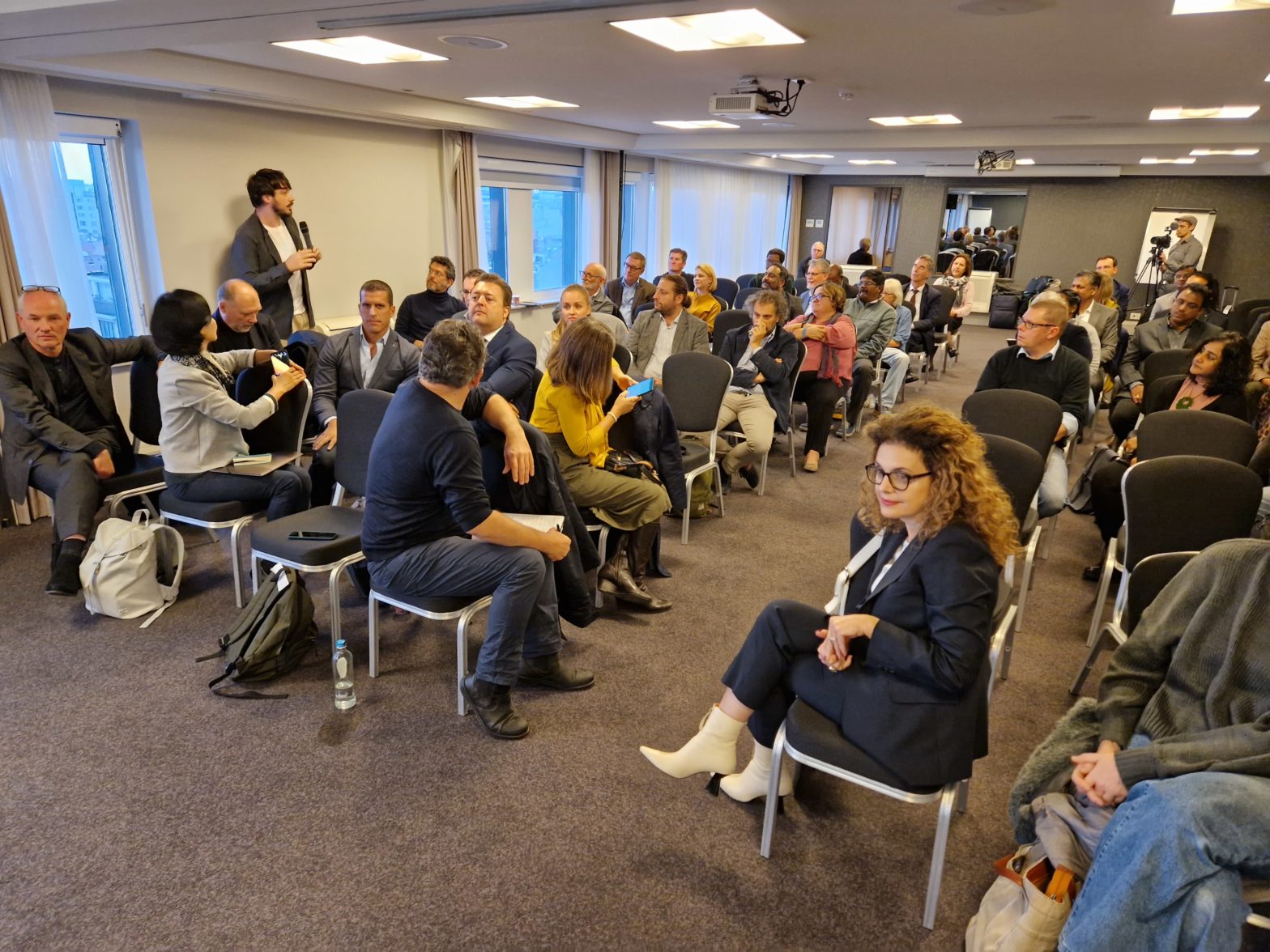More than 50 delegates from 26 EU cities and regions as well as from 6 cities from Australia (Brisbane), New Zealand (Christchurch), Japan (Nagoya), the Republic of Korea (Sejong) and India (Chennai, Kochi and Pune) met on 7 November 2022 in Brussels to exchange on the implementation of the IURC programme. The workshop provided the opportunity for cross-country cooperation among the IURC thematic areas. The event was organised the day before the IURC Global Event (see below) and started with an excursion to the Canal Area, Brussels’s largest urban transformation project of the last decade. The former industrial district is shifting towards a more sustainable, productive and inclusive territory.
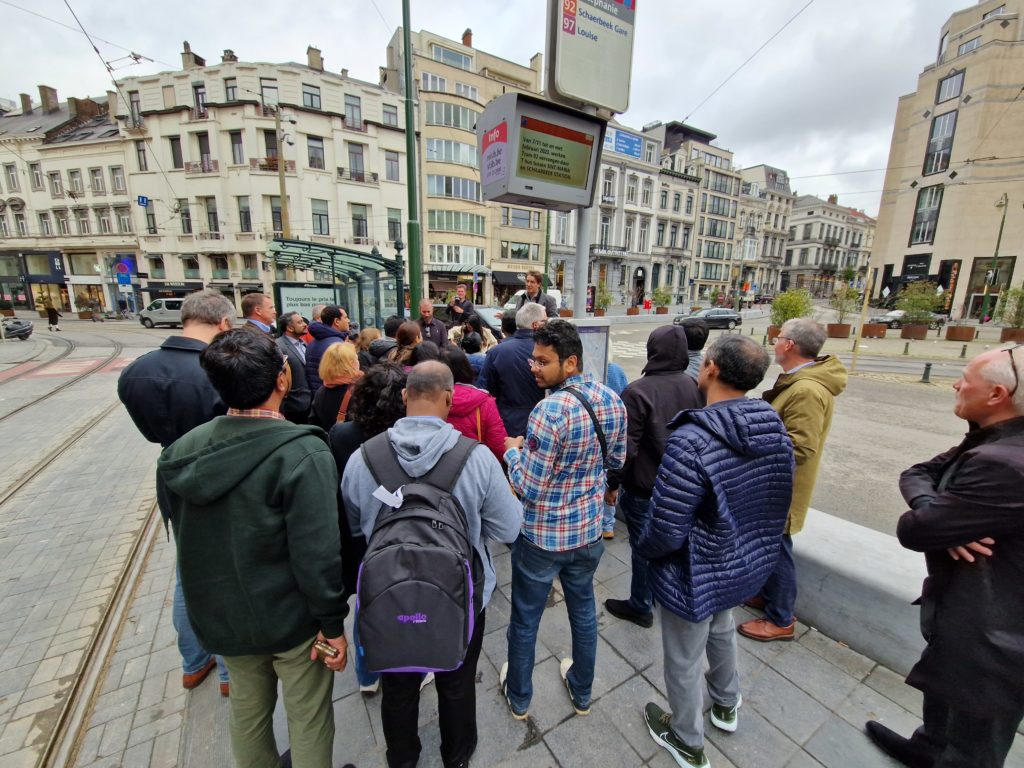
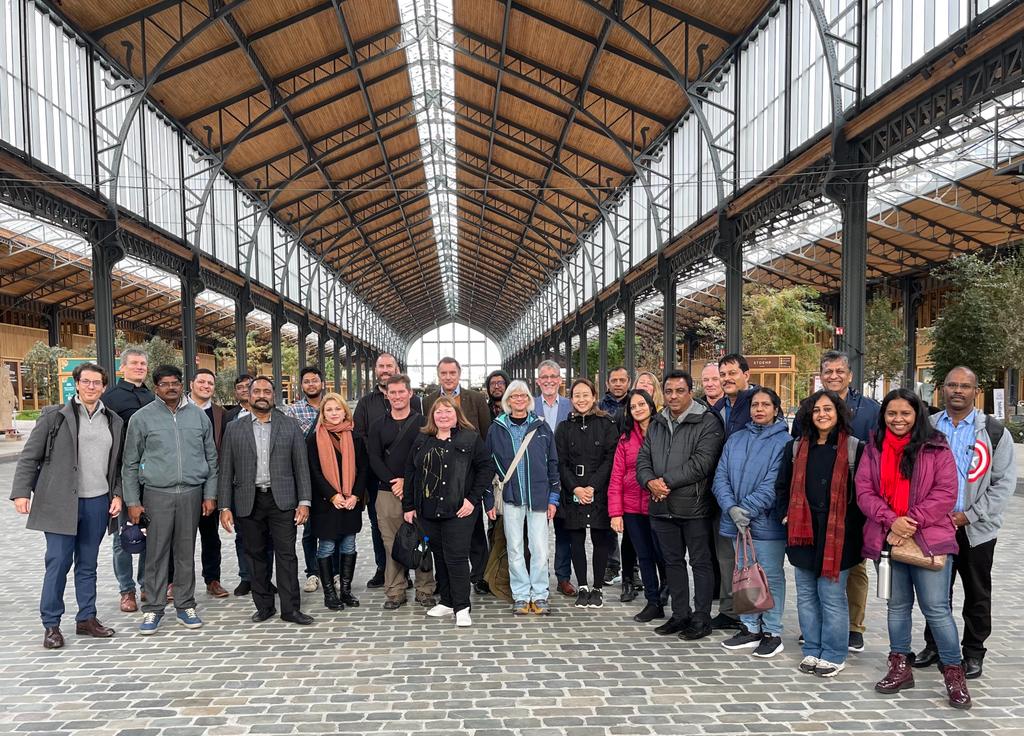
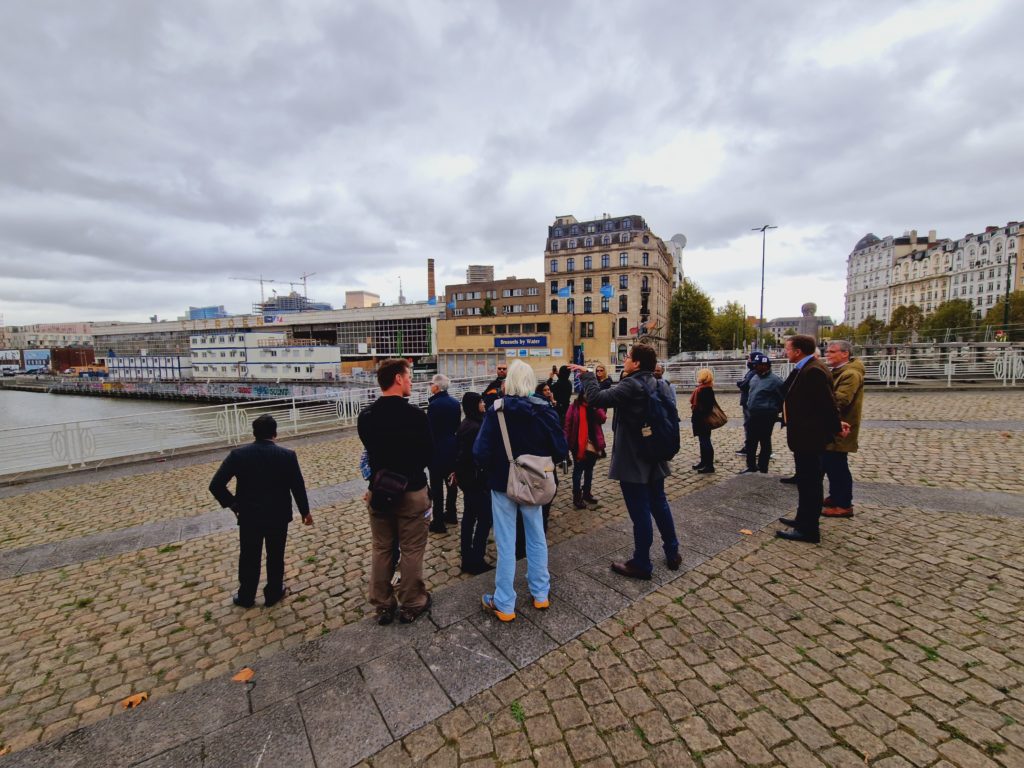
During his opening speech, Dr Ronald Hall – Senior Advisor for the European Commission’s DG REGIO – emphasised the importance of sub-national cooperation to deliver the Sustainable Development Goals as well as the EU’s Urban Agenda objectives. Based on a win-win perspective, the EU is very interested in sharing knowledge and learning from other world regions how to tackle the rapid pace of urbanisation as well the need for regional innovation in a competitive global context, he said. Concrete, hands-on pilot projects are the best way to prove the added value of international urban and regional cooperation. Pablo Gándara, IURC Team Leader for Asia and Australasia, kicked off the workshop and gave an introduction to the whole-day programme. He and Dr Panagiotis Karamanos, IURC India Coordinator, moderated the interactive session with the city delegates from Europe, Asia and Australasia.
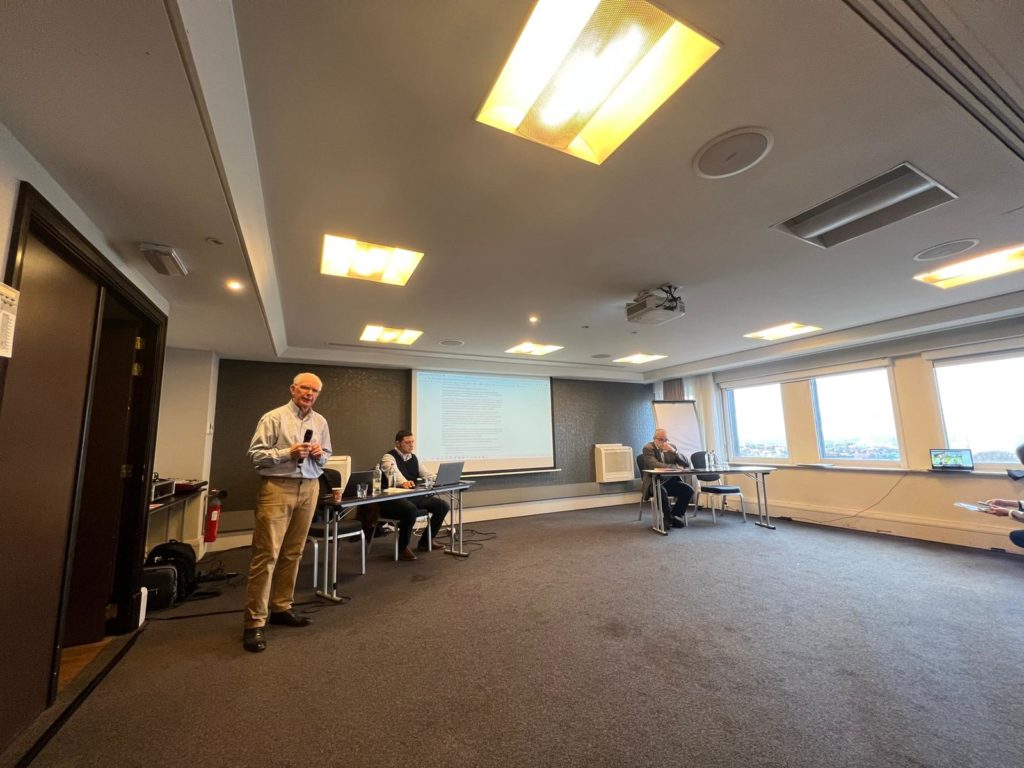
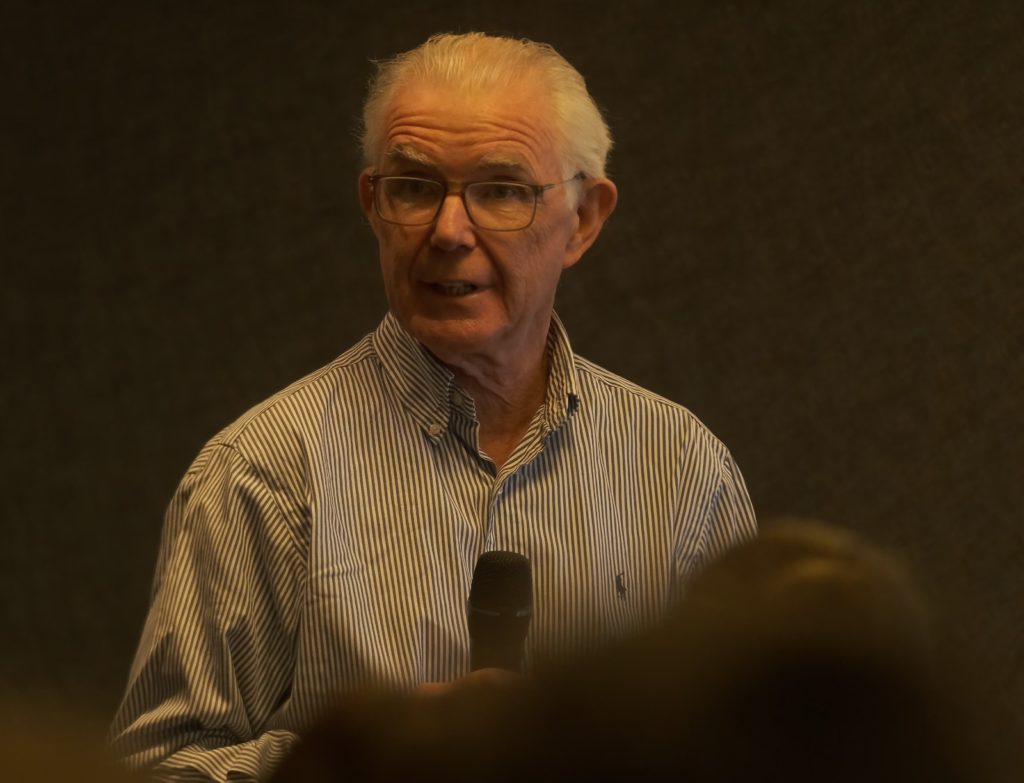
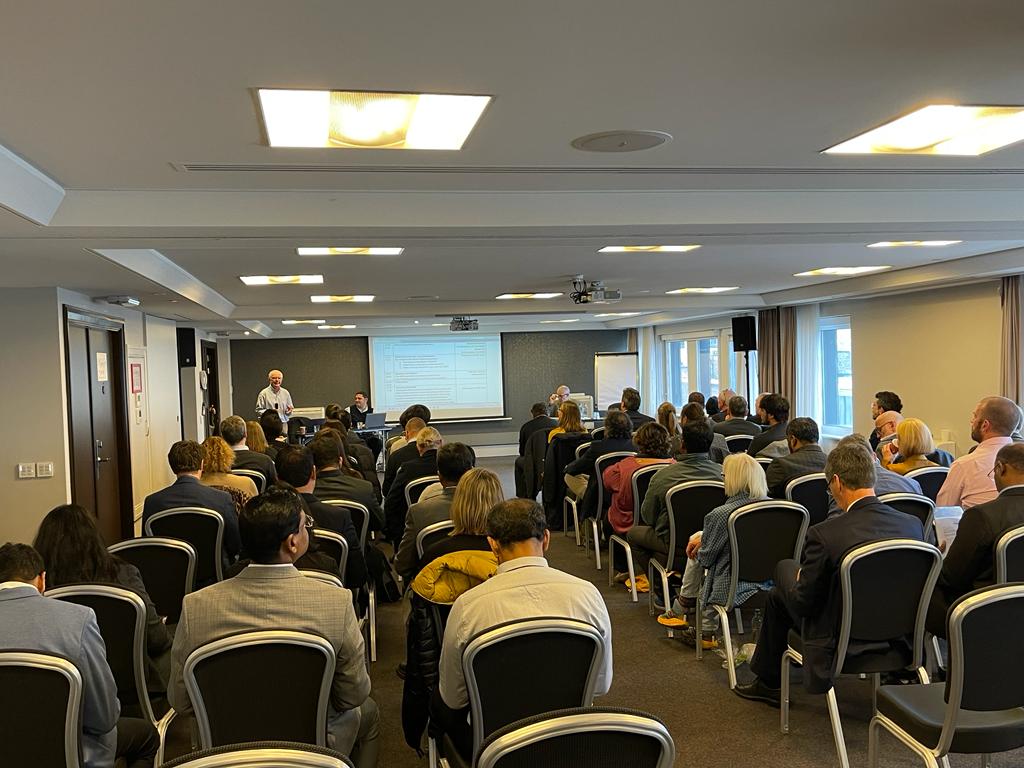
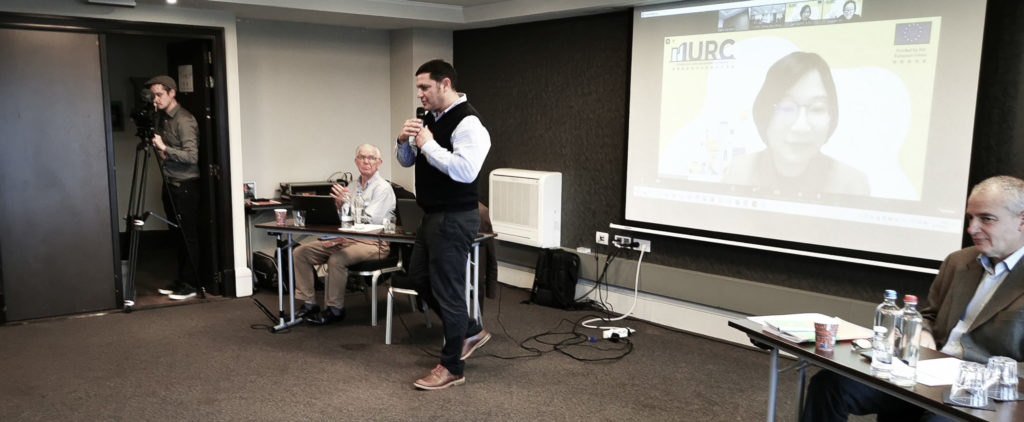
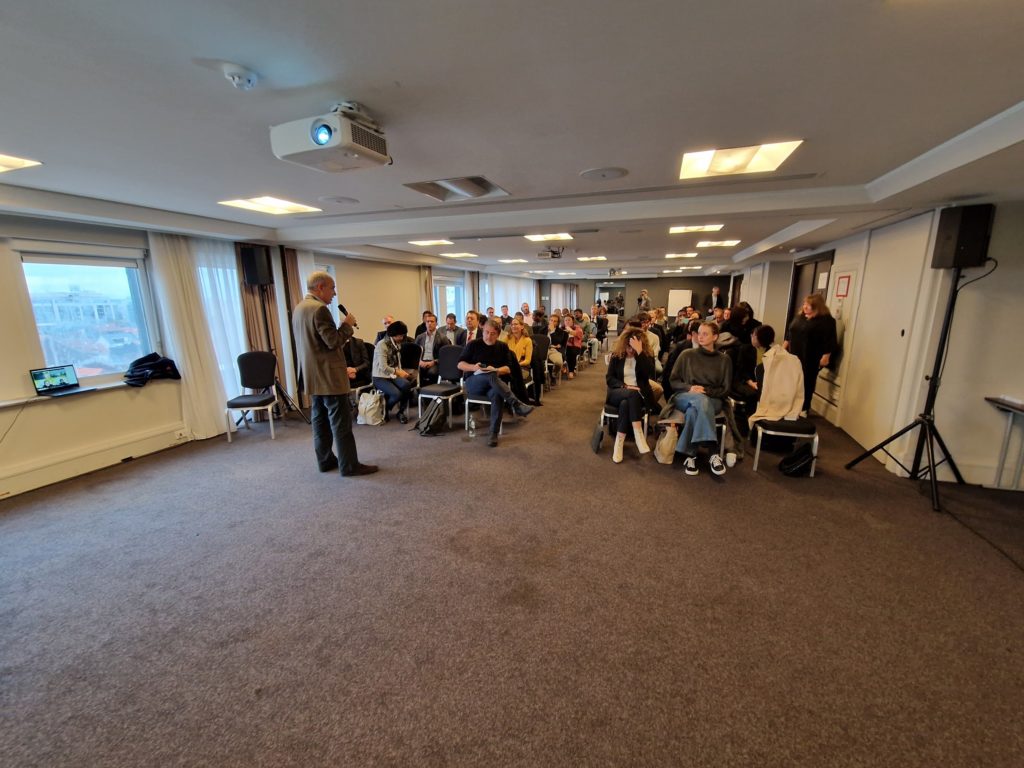
During this initial discussion round, experts from cities and regions elaborated on the benefits of the IURC activities, the challenges to implementation, and possible pathways for joint actions. Representatives from local/regional governments, universities and businesses provided several case studies on areas including sustainable energy solutions (zero-net campus in Trier), circular economy (sustainable food in Famalicao), smart city (app in Christchurch), urban planning and urban mobility (low-emissions zone in Malaga).
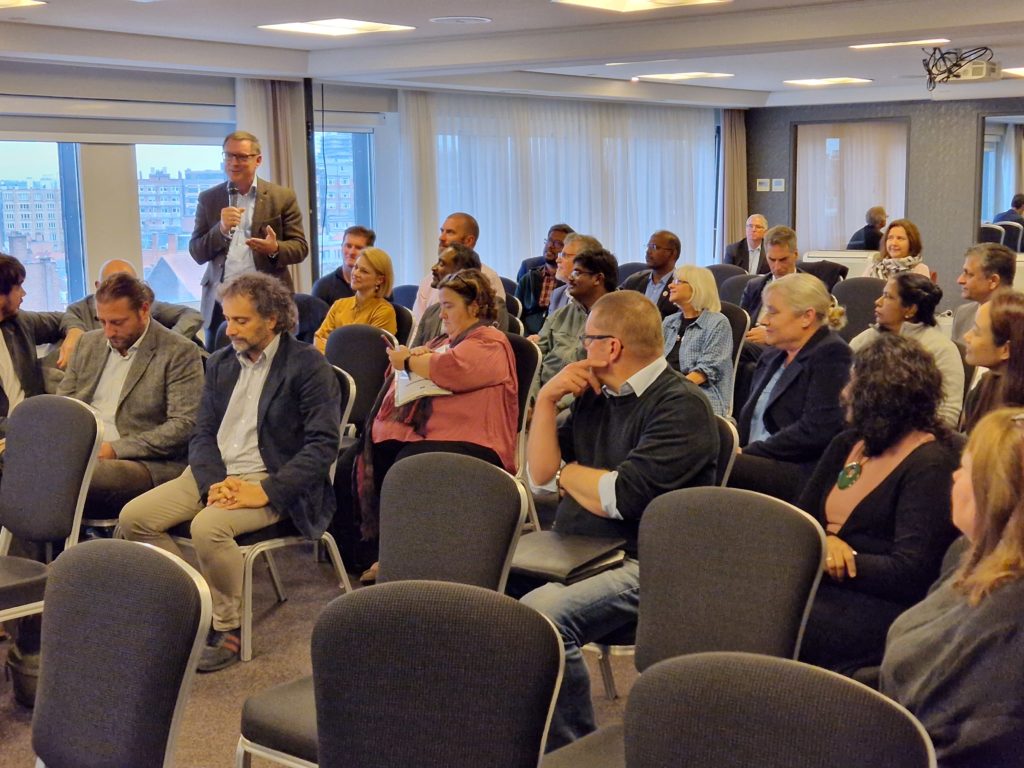
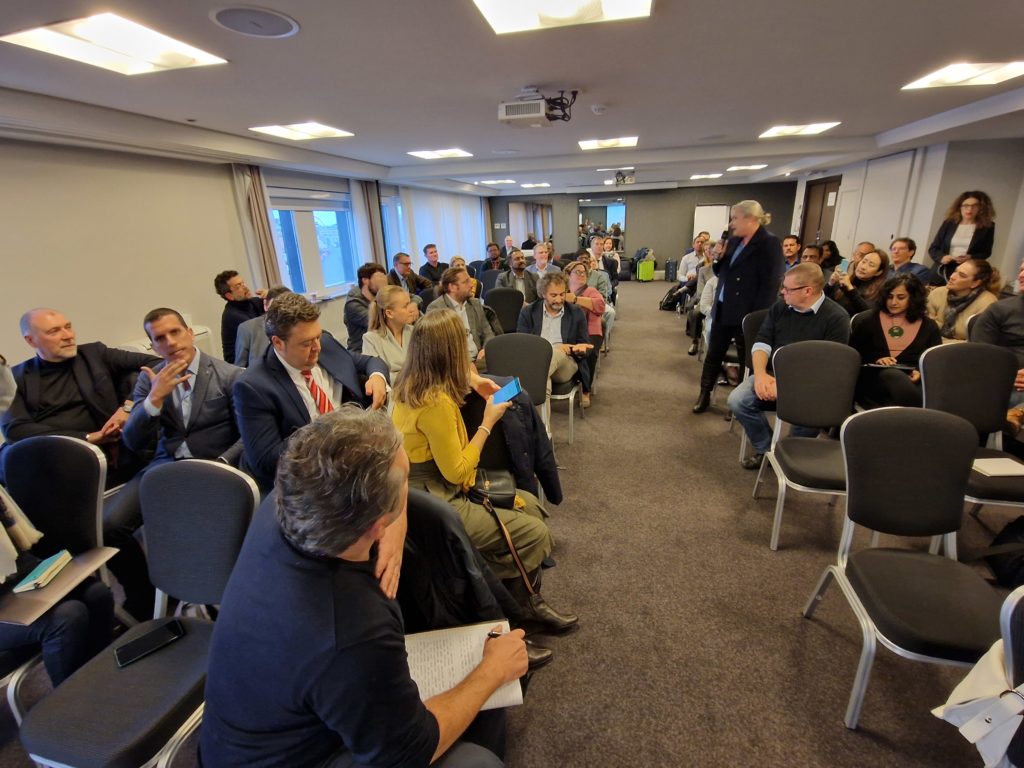
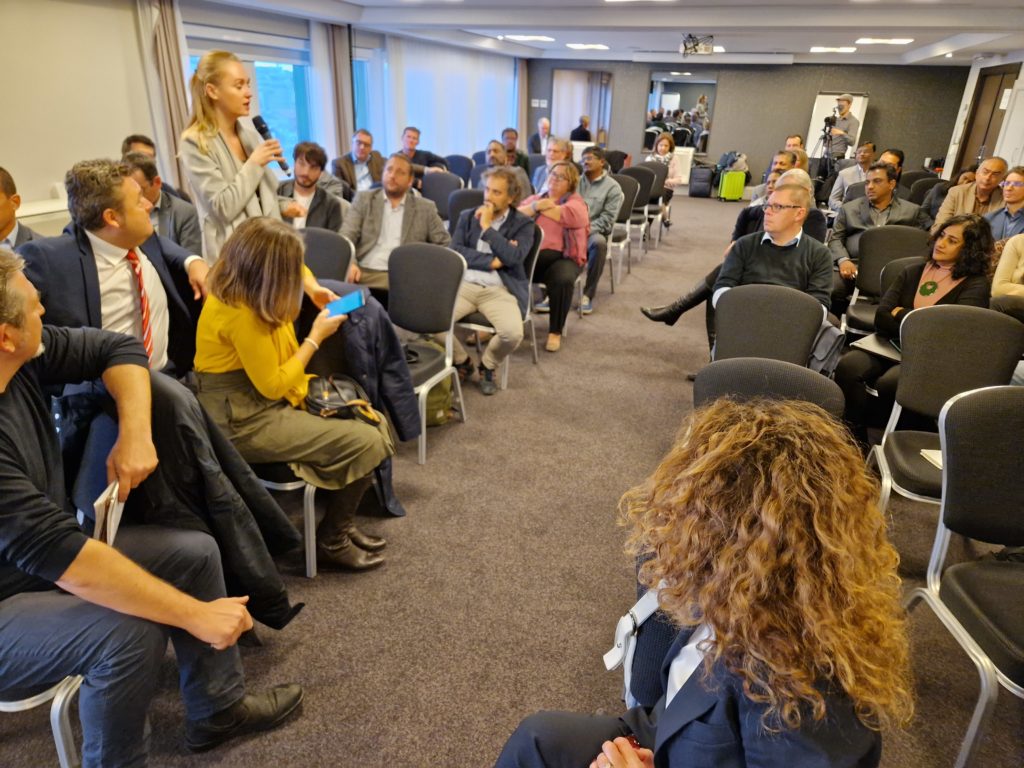
Participants were then divided into 3 thematic rooms based on the IURC thematic networks:
- Circular Economy / Urban Food Systems
- Smart City / Digital Innovation / Start-ups Ecosystem
- Urban Planning / Mobility / Urban Infrastructure
Guided by IURC thematic experts, city delegates provided feedback on how to achieve concrete results in the respective thematic areas within the IURC programme. They identified relevant stakeholders from public administration, research and business (triple-helix), and indicated how these have been involved in the ongoing activities. Rapporteurs then explained in the plenary session their main recommendations for the achievement of pilot actions within the Urban Cooperation Action Plans (UCAPs).
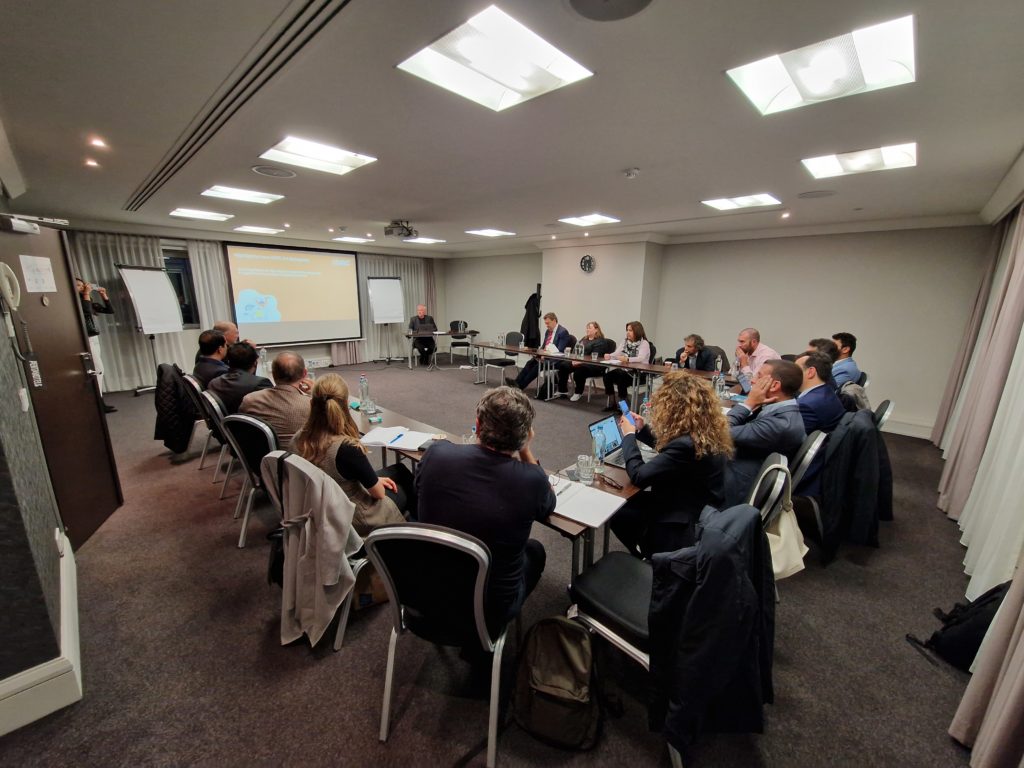
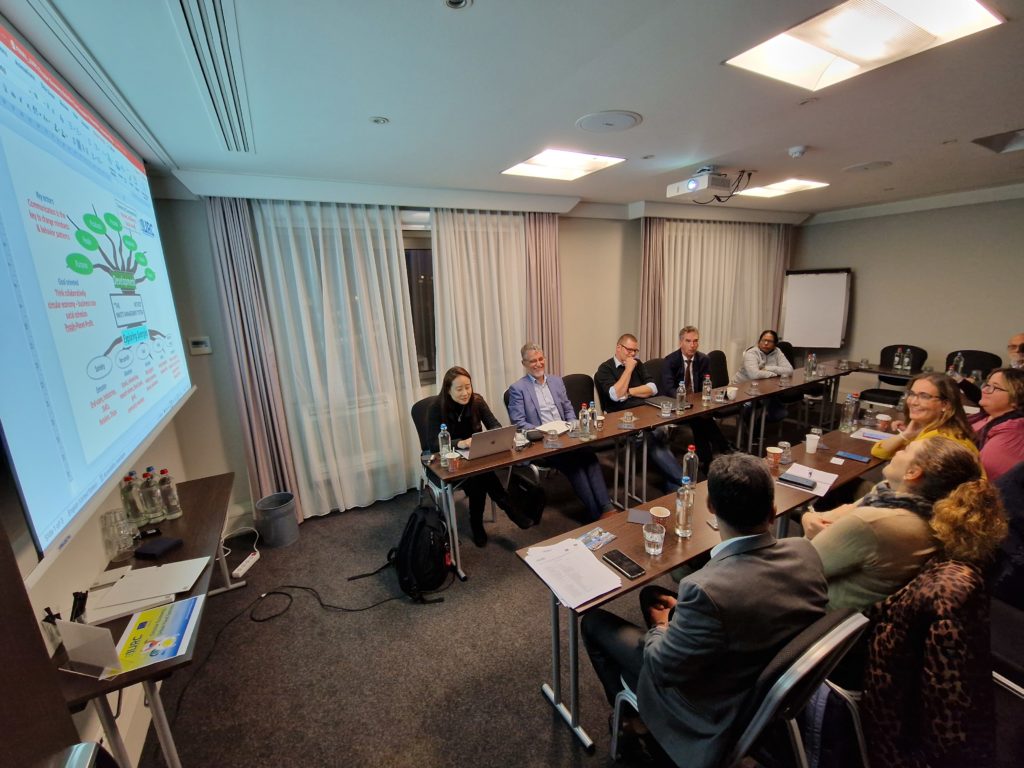
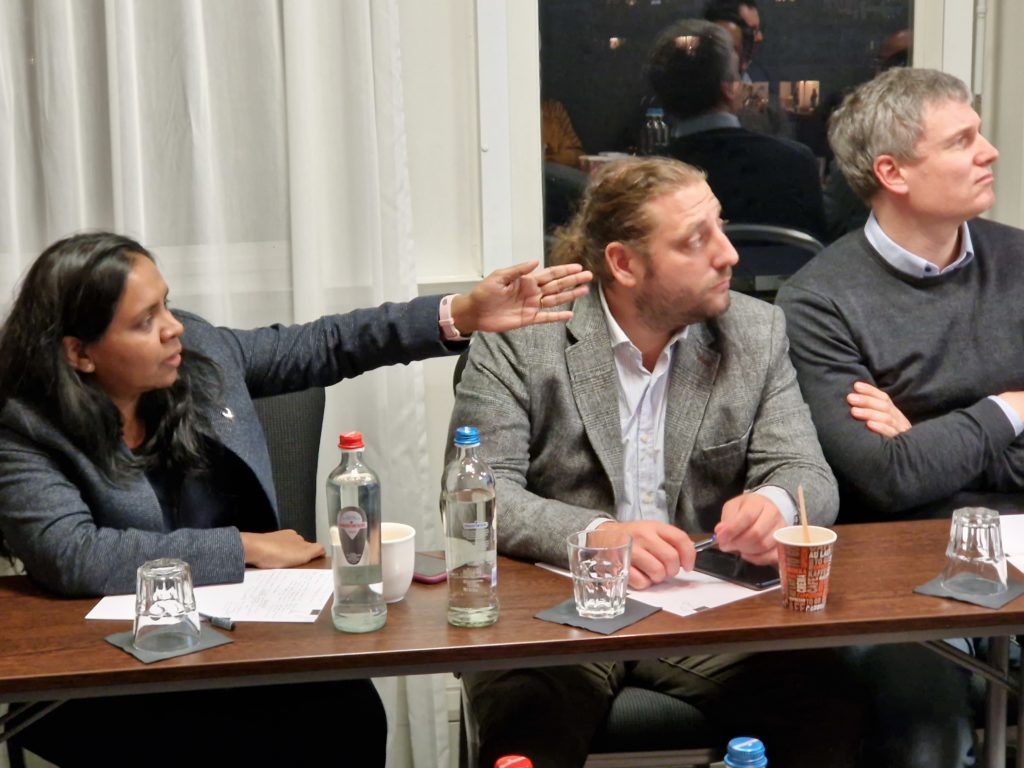
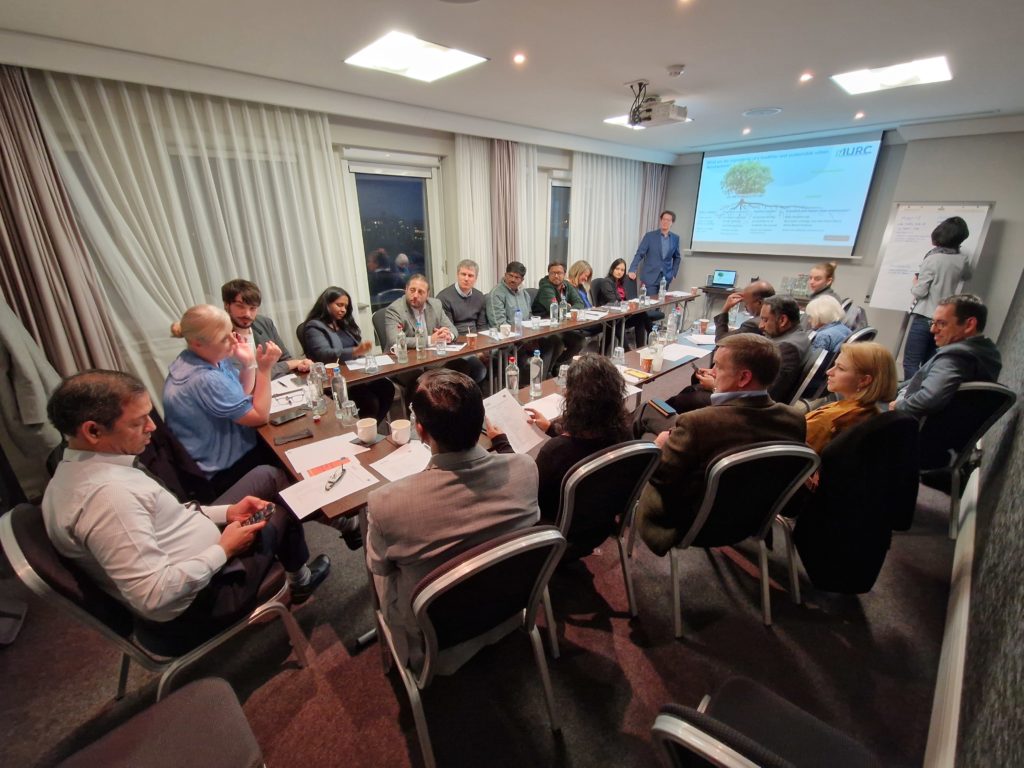
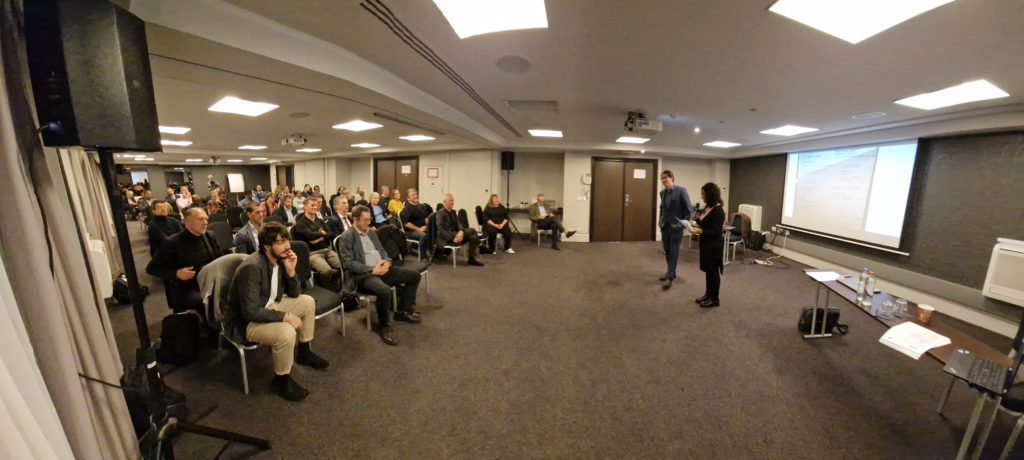
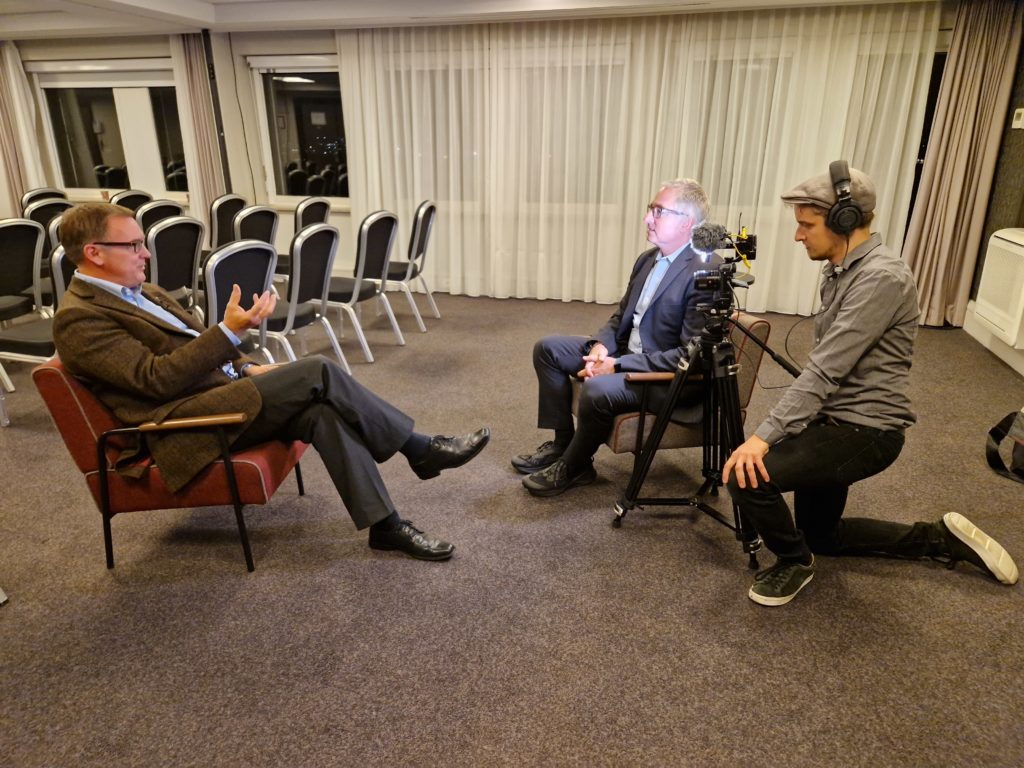
IURC Global Event
On the next day, city delegates from Asia, Australasia and Europe joined the IURC Global Event, where they had the opportunity to liaise with colleagues from other IURC programme areas (North- and Latin America). The IURC project team provided interpretation services for Vietnamese so that experts from Da Lat and Ha Tinh also participated in the event. For further details on the global event, please click here.
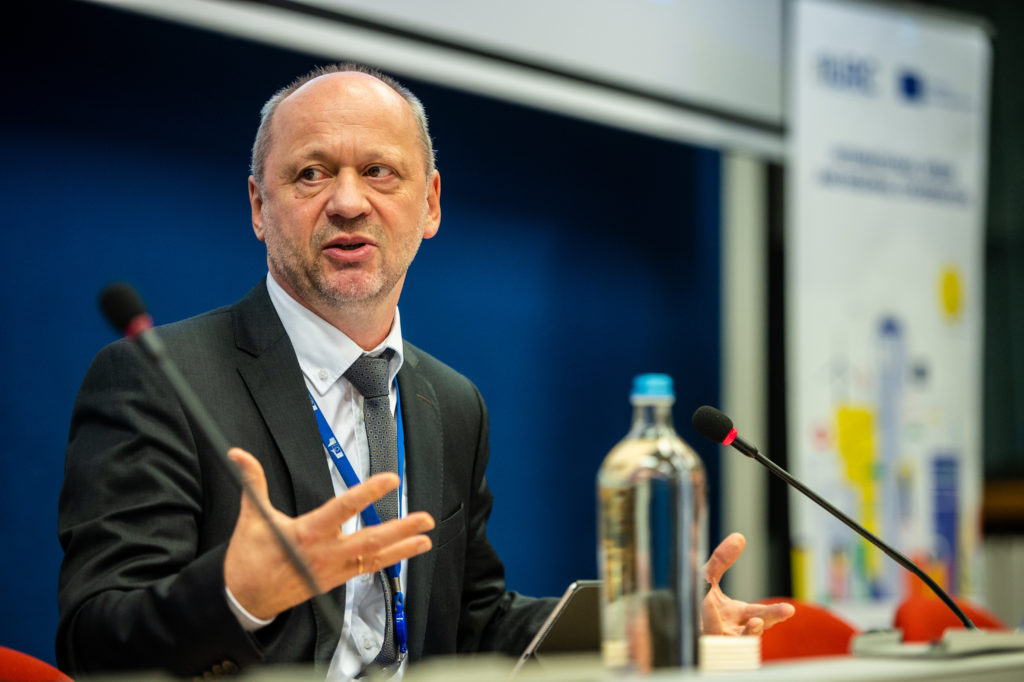
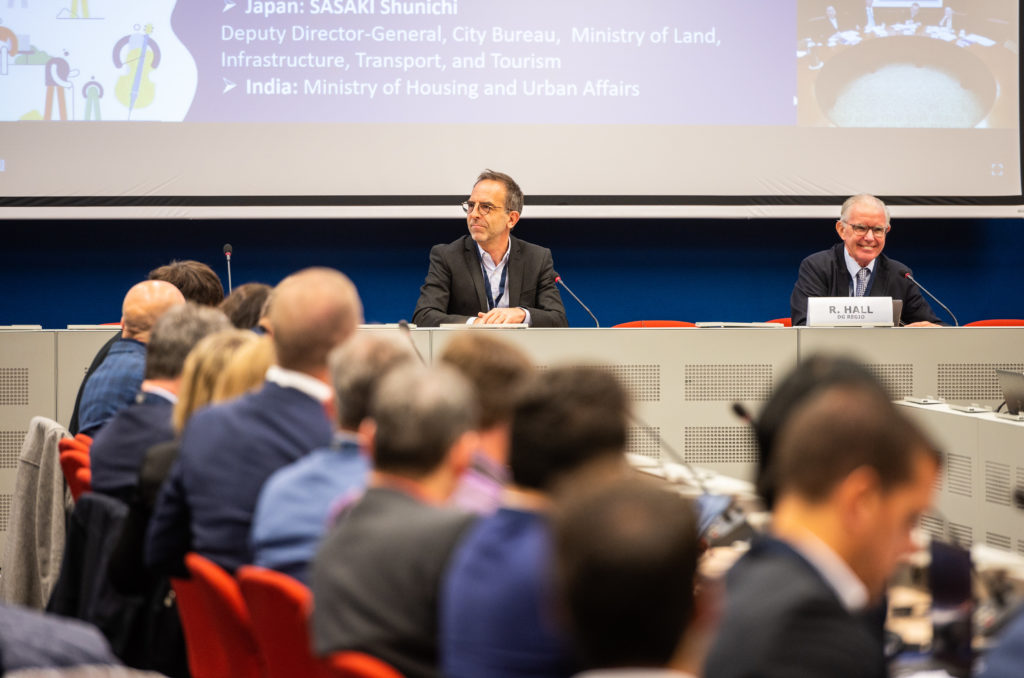
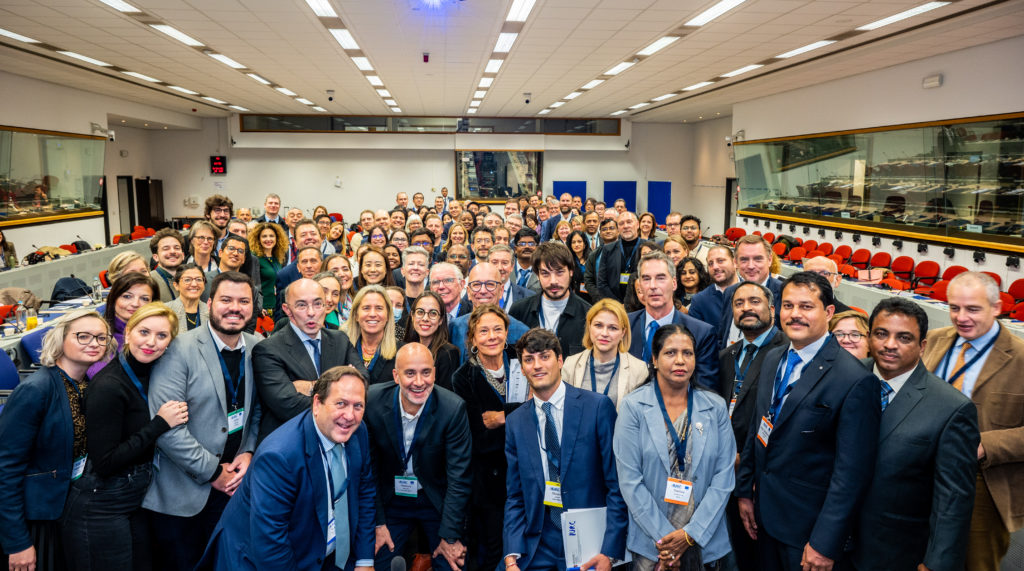
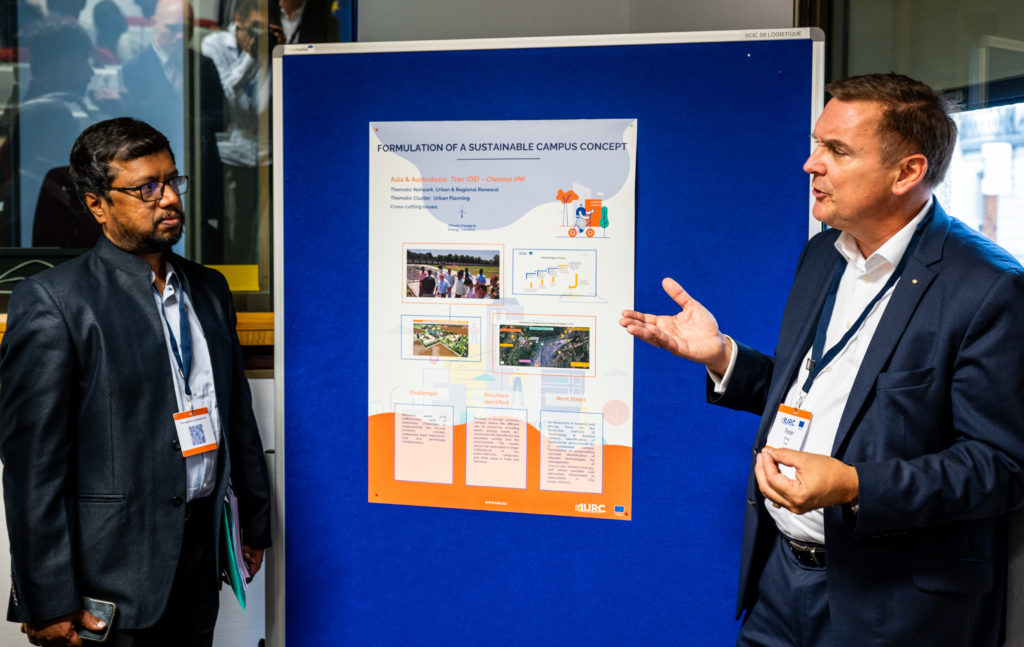
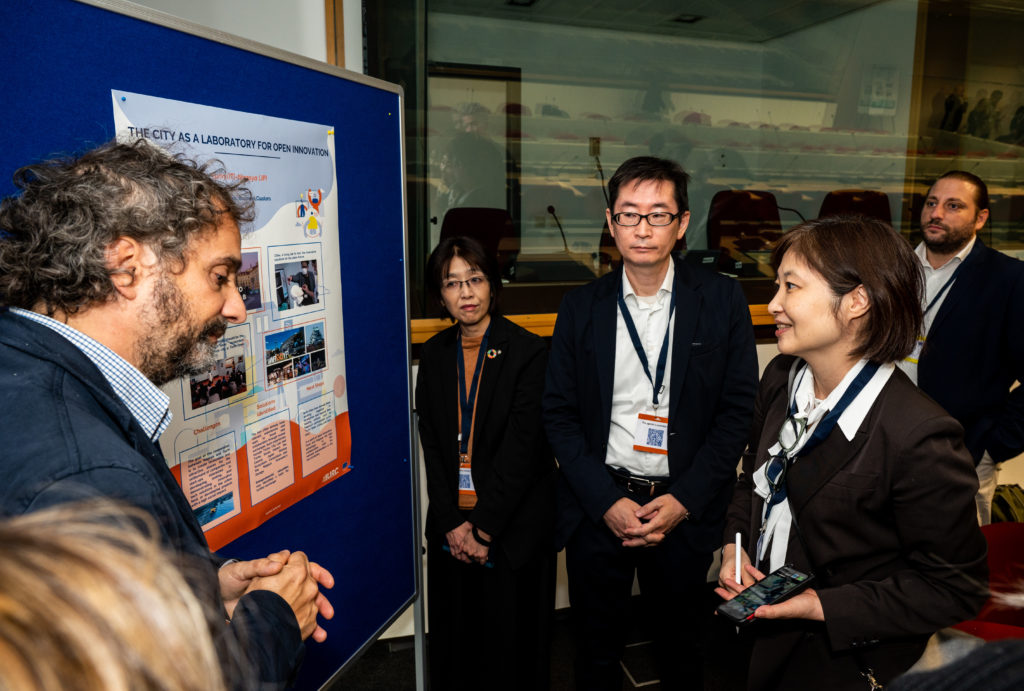
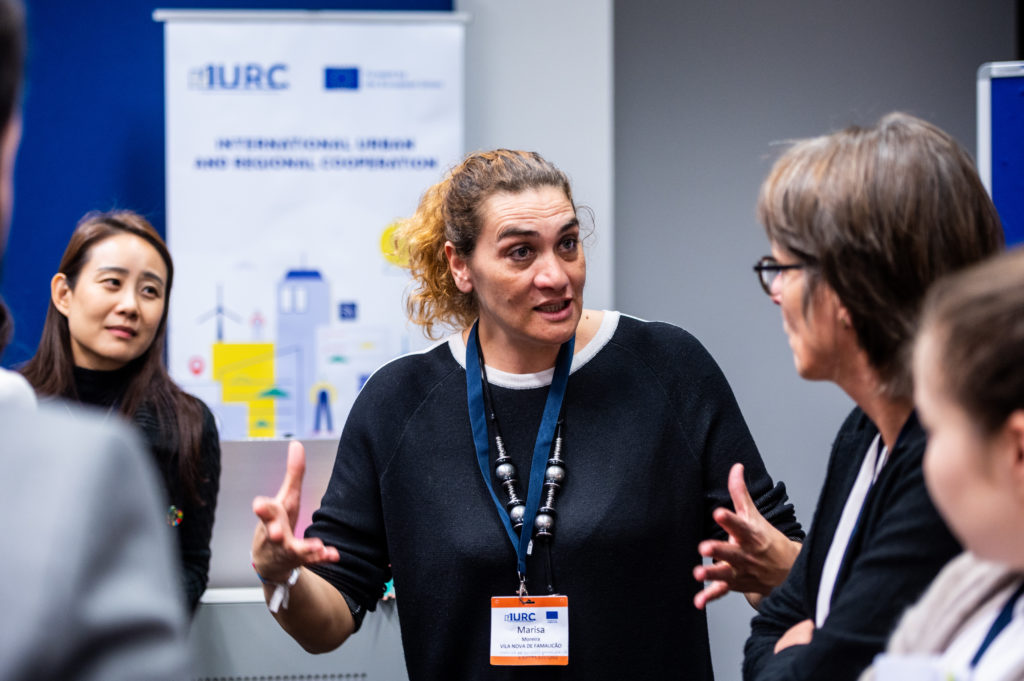
You can find the presentations and posters of the parallel session here.
Please see below an IURC video with statements from EU representatives (DG REGIO, DG FPI) as well as testimonials of selected participants from Asian, Australasian and European Pilot Cities on their cooperation activities and pilot projects.
